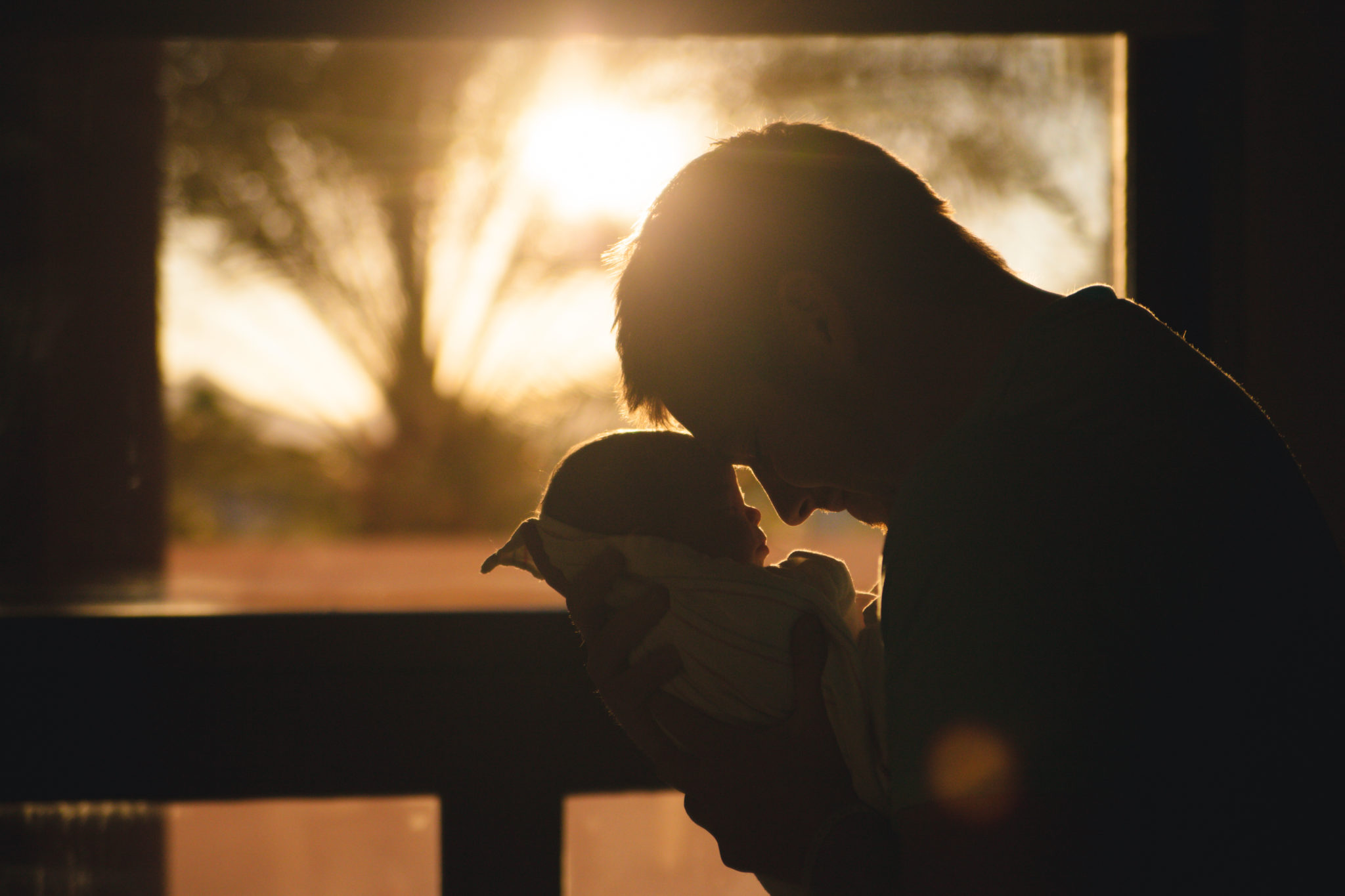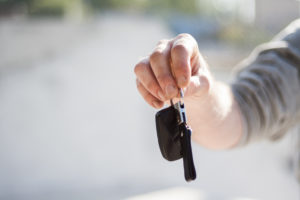Today is National Insurance Awareness Day, which presents an opportune time to review your coverage and make sure you are not under- or over-insured.
Insurance offers security and protection, from providing for loved ones in the event of accident or death to covering losses from medical bills and property damage. It is important to review your insurance policies and coverages on an annual basis to make sure your policies keep up with current needs and values.
You should also assess your policies whenever you experience a significant life change like a marriage, new home or loss of health coverage.
As Lakewood Ranch’s most trusted personal injury firm, Luhrsen Goldberg interacts with insurance companies and insured individuals on a daily basis.
Here are a few questions you might be interested in as you evaluate your current policies or shop for new ones:
How much life insurance do I need?
The answer to this question is specific to the individual. Many people think life insurance is strictly for funeral and burial expenses, but it can be used to supply monthly income to surviving children or a spouse. It is important to calculate how the financial loss would impact your loved ones and provide for them in the event of your passing.
There are several types of life insurance, including term life insurance, whole life, universal life and variable universal life insurance. Your best bet to find the right fit for you in both type and amount of coverage is to contact a trusted insurance agent to discuss your particular circumstances.
Do I really need disability insurance?

It’s certainly worth looking into, especially if you have limited savings and/or others depending on your paycheck. Disability insurance provides a monthly income in the event you’re sick, injured or otherwise unable to work. It can provide a tremendous sense of security and allow you to stress less about how you’re going to afford groceries this week or pay next month’s rent.
What’s the deal with auto coverage in Florida?
Florida’s minimum coverage is $10,000 personal injury protection (PIP) and $10,000 property damage liability (PDL), coverage required for any vehicle with four or more wheels.
PIP, also known as Florida No Fault Insurance, is Personal Injury Protection insurance. This form of insurance covers you — regardless of whether or not you cause the crash — up to the limits of your policy. PIP is an extension of car insurance that covers medical expenses and lost wages. “Extension” is a key descriptor in other ways – your PIP covers your child, members of your household and certain passengers who lack PIP insurance, as long as they do not own a vehicle. PIP coverage protects you while in someone else’s vehicle, as a pedestrian, or bicyclist if you suffer an injury in a crash involving a motor vehicle and even covers your child if injured while riding on a school bus.
Property Damage Liability (PDL) coverage pays for damages you or members of your family cause (and are liable for) to other people’s property in a crash involving a motor vehicle.

OK, so what is “Bodily Injury Liability” (BIL) insurance?
Bodily Injury Liability coverage pays for serious and permanent injury or death to others when you cause a crash involving your automobile. Your insurance company will pay for injuries caused by you or members of your family who live with you up to the limits of your policy, even if someone else’s vehicle was being driven. The coverage also includes legal representation for you if you get sued. It may also cover others who drive your automobile with your permission.
Soooooo … do I need UM coverage?
Uninsured or Underinsured Motorist coverage is critical in Florida, but many insurance agents might not tell you that, because it’s a money-loser for insurance companies. It’s a low-premium, high-payout situation for them but is vital to you because it specifically covers you in a crash caused by someone else who either carries 1. no BIL coverage or 2. too little BIL to fully compensate you for your losses. UM coverage is highly affordable but can make a huge difference in your reimbursement options in the event of an automobile accident.
If I have a homeowner’s policy, I’m good … right?
Check with your insurance agent. Most homeowner’s insurance policies in Florida do not include flood damage. You’ll likely need a separate, relatively inexpensive flood insurance policy in addition to your homeowner’s coverage.
How can I save money on my insurance?

There are a variety of ways to cut costs, from student or military discounts to safety features on your automobile that can provide potential savings. Exploring different payment options (paying in full annually as opposed to monthly installments) could also save you money. Ask your insurance provider what your options are to maximize your savings.
To save money without sacrificing quality coverage, one of the best options is to bundle your auto and homeowner’s (or renter’s) policies. Specifics depend on the insurer and your circumstances, and while cost is a large determinant in selecting your carrier, be sure to do your research. Personal referrals, reputation for customer service, a proven record of financial stability and expedited claim handling are all factors to consider when shopping for an insurance company.
Whatever your insurance situation may be, contact the highly experienced attorneys of Luhrsen Goldberg for a free evaluation, whether you’ve experienced an auto accident, insurance dispute, wrongful death, bad faith insurance claim or anything in between. We’ll use our resources and do everything in our power to get you the justice you deserve.